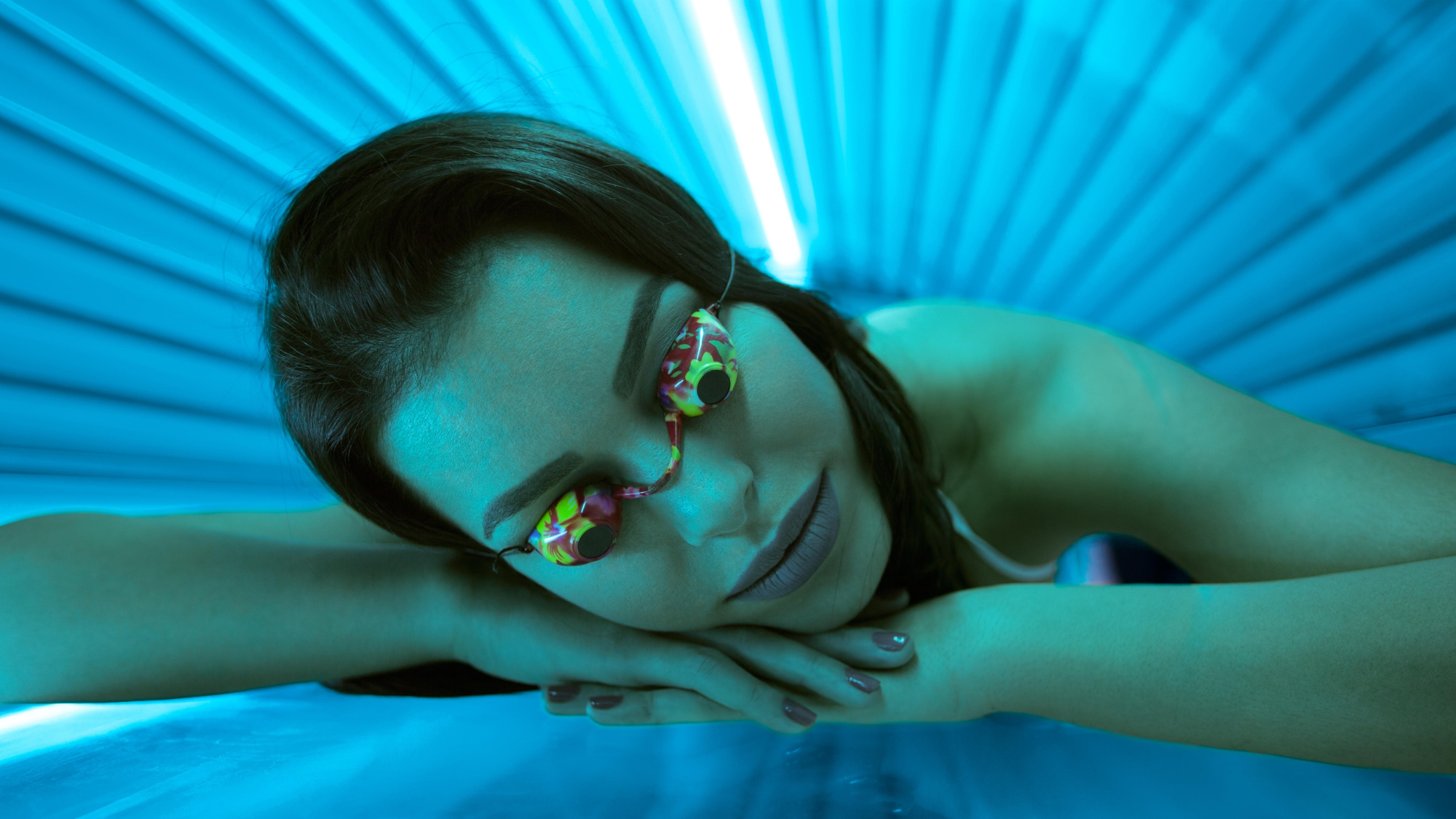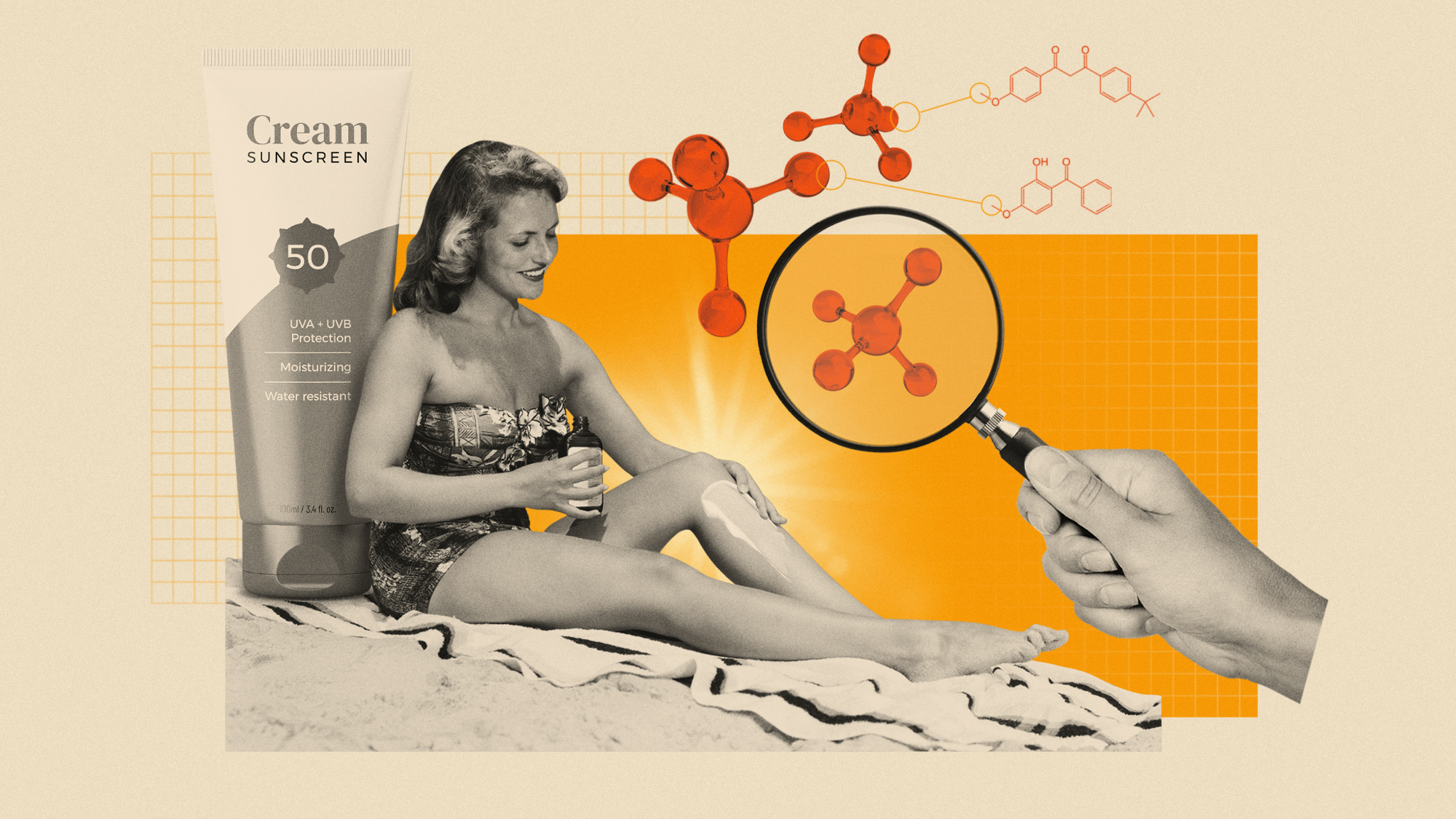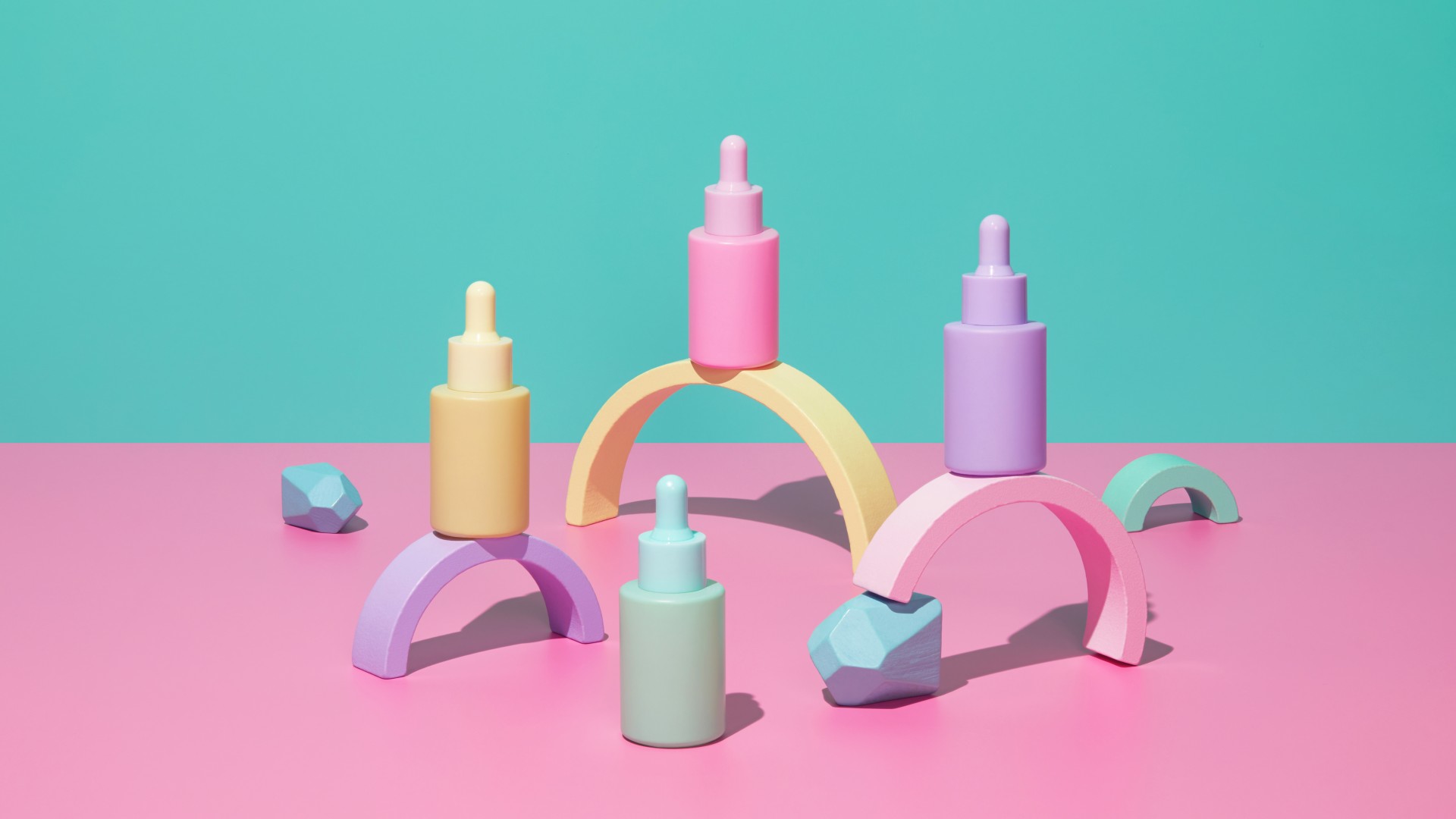Gen Z's bizarre sunbed addiction
Young people are flaunting their tans on TikTok – as skin cancer cases soar

A free daily email with the biggest news stories of the day – and the best features from TheWeek.com
You are now subscribed
Your newsletter sign-up was successful
Sunbeds might seem like a "relic" of the noughties for some people, but Gen Z are surprisingly keen to top up their tans, said Emma Loffhagen in London's The Standard.
Last year, a survey by Melanoma Focus found that 28% of UK adults used tanning salons, soaring to 43% of 18- to 24-year-olds. "Sunbeds, it seems, are back".
An 'explosion' of tanning salons
It had appeared as if tanning salons were on the way out. The UK government banned under-18s from using sunbeds in 2011, while Australia went a step further and outlawed commercial sunbeds altogether in 2015.
The Week
Escape your echo chamber. Get the facts behind the news, plus analysis from multiple perspectives.

Sign up for The Week's Free Newsletters
From our morning news briefing to a weekly Good News Newsletter, get the best of The Week delivered directly to your inbox.
From our morning news briefing to a weekly Good News Newsletter, get the best of The Week delivered directly to your inbox.
However, in recent years there has been an "explosion" in the number of British tanning salons, said Andrew Ellson in The Times. The UK's largest tanning chain, The Tanning Shop, has recorded "rapid growth" since 2018, increasing its outlets by almost 40%. Indigo Sun, the country's second biggest chain, now has over 100 tanning shops across the UK and has nearly quadrupled its profits since 2015. Many of these salons promote sunbeds as a "safe" way to tan in a "controlled environment", while touting the potential "wellness" benefits of tanning, from stress relief to boosted vitamin D levels.
It's an interesting "rebrand" given that the World Health Organization classified indoor tanning as a class-one carcinogen in 2009, assigning it to the same category as tobacco and asbestos. Cancer Research UK stresses there is "no such thing as safe tanning from UV radiation", warning that people who start using sunbeds before the age of 35 have a 75% increased risk of malignant melanoma, the most deadly type of skin cancer.
Incidences of melanoma have increased by around two-and-a-half times in the UK since the early 1990s, with about 17,500 new cases diagnosed each year.
In fact, the latest generation of sunbeds actually emit stronger rays, meaning you can now get a tan in as little as four minutes, considerably shorter than the half-hour sessions of the past, said Olivia Luppino in Women's Health. This "potentially makes them more dangerous", Seattle-based dermatologist Heather Rogers told the publication.
A free daily email with the biggest news stories of the day – and the best features from TheWeek.com
A curious contradiction
So what's driving Gen Z's sunbed addiction? "Welcome to tanning TikTok", said Katie Rosseinsky in The Independent. In this "corner" of the app, young people are "proudly documenting their sunbed habit", inviting viewers to come with them on a trip to the tanning salon, and sharing "tips and tricks for maximising your tan". And last January Kim Kardashian hit the headlines when a TikTok of the influencer showing off her office sunbed went viral.
"It's a bizarre contradiction" for a generation so obsessed with painstaking skincare routines, said Hannah Skelley in The Times. Ironically, the same people who are investing heavily in "anti-ageing" cosmetics to keep wrinkles at bay are indulging in a habit that has been proven to accelerate premature skin ageing.
Having grown up in a "tan-tastic era of tan-accelerator tablets", I understand the "unwavering desire for a sun-kissed glow", said Skelley. However, "I simply refuse to age like a prune". Today's self-tanning products, like "silky mousses and creamy tinted moisturisers", are such high quality, there's no need to risk cancer for a tan.
With the desire for perfect bronzed skin and the lack of information about the dangers of sunbeds, Gen Z is "taking a risk they don't entirely understand", Dr Rogers told Women's Health.
The crucial lesson from all this is not to get "lured in" by the countless clips circulating on social media, and the growing body of "misinformation", added Amelia Bell in Elle. "And, if you are looking to boost your tan? Always opt for faux."
Irenie Forshaw is the features editor at The Week, covering arts, culture and travel. She began her career in journalism at Leeds University, where she wrote for the student newspaper, The Gryphon, before working at The Guardian and The New Statesman Group. Irenie then became a senior writer at Elite Traveler, where she oversaw The Experts column.
-
 Why are election experts taking Trump’s midterm threats seriously?
Why are election experts taking Trump’s midterm threats seriously?IN THE SPOTLIGHT As the president muses about polling place deployments and a centralized electoral system aimed at one-party control, lawmakers are taking this administration at its word
-
 ‘Restaurateurs have become millionaires’
‘Restaurateurs have become millionaires’Instant Opinion Opinion, comment and editorials of the day
-
 Earth is rapidly approaching a ‘hothouse’ trajectory of warming
Earth is rapidly approaching a ‘hothouse’ trajectory of warmingThe explainer It may become impossible to fix
-
 The truth about vitamin supplements
The truth about vitamin supplementsThe Explainer UK industry worth £559 million but scientific evidence of health benefits is ‘complicated’
-
 Covid-19 mRNA vaccines could help fight cancer
Covid-19 mRNA vaccines could help fight cancerUnder the radar They boost the immune system
-
 Climate change is getting under our skin
Climate change is getting under our skinUnder the radar Skin conditions are worsening because of warming temperatures
-
 The truth about sunscreen
The truth about sunscreenThe Explainer The science behind influencer claims that sun cream is toxic
-
 5 tips for building a healthy skin care routine for tweens and teens
5 tips for building a healthy skin care routine for tweens and teensThe Week Recommends Social media is pushing overly elaborate routines for young skin
-
 Deadly fungus tied to a pharaoh's tomb may help fight cancer
Deadly fungus tied to a pharaoh's tomb may help fight cancerUnder the radar A once fearsome curse could be a blessing
-
 'Poo pills' and the war on superbugs
'Poo pills' and the war on superbugsThe Explainer Antimicrobial resistance is causing millions of deaths. Could a faeces-filled pill change all that?
-
 The Y chromosome degrades over time. And men's health is paying for it
The Y chromosome degrades over time. And men's health is paying for itUnder the radar The chromosome loss is linked to cancer and Alzheimer's